Darrill Henry Exonerated in New Orleans Double Murder Following Decades-Long Fight
The case was dropped after DNA established that Mr. Henry was wrongly convicted based on erroneous eyewitness testimony.
01.20.23 By Innocence Staff
(New Orleans, Louisiana — Jan. 20, 2023) Nearly three years after a Louisiana judge overturned Darrill Henry’s first-degree murder conviction based on new exculpatory DNA evidence, the Orleans Parish District Attorney’s office has dropped all charges.
Since his 2004 arrest for the murders of an 89-year-old woman and her 67-year-old daughter in the Seventh Ward of New Orleans, Mr. Henry has always maintained his innocence. He was held pre-trial in the Orleans Parish Jail until 2011 when he was tried for capital murder, convicted, and sentenced to life in prison. In 2015, new pro bono counsel at the Innocence Project and Paul, Weiss, Rifkind, Wharton & Garrison took over the case, beginning a seven-year fight to overturn his conviction — their efforts included a cert petition to the U.S. Supreme Court, an application and hearing for post-conviction relief, a successful motion for DNA testing on several items of evidence recovered from the crime scene, two trips to the Louisiana Supreme Court, and Mr. Henry’s release on bail.
“This day is a long time coming for Darrill Henry,” said Vanessa Potkin, Mr. Henry’s Innocence Project attorney and director of special litigation. “For a decade, he lived under the threat of being convicted and potentially executed for a crime he did not commit. He spent another eight years of a life sentence at Angola, one of the harshest prisons in the country. His ordeal began when he was 29, and now as a 47-year-old man, we see what was taken from him, which includes the ability to raise his two children and to properly grieve the death of his mother and other close family members who died while he was wrongfully incarcerated.”
The State’s case was weak from the start. It rested on the testimony of eyewitnesses who were shown suggestive photo lineups. No other evidence implicated Mr. Henry in the crime and his alibi put him at several businesses, miles away from the scene, where he was applying for jobs. After unsuccessfully appealing Louisiana’s law (which prevented Mr. Henry from calling an expert at his trial to explain to the jury the flaws in the eyewitness identifications) to the U.S. Supreme Court, Mr. Henry’s team filed a post-conviction petition to have his conviction overturned. A breakthrough came when biological evidence from the crime scene was tested, and the DNA — which had been recovered from under the fingernails of one of the victims — definitively excluded Mr. Henry.
Based on the new scientific evidence, Orleans Parish Criminal District Court Judge Dennis Waldron, who presided over Mr. Henry’s 2011 trial, overturned his conviction in March 2020. Judge Waldron subsequently ruled that the DNA evidence in Mr. Henry’s case was “clear and convincing evidence that he is indeed factually innocent of the crime for which he was convicted,” adding that “[i]n all the years that I have served and all of the decisions that I’ve made, I’ve never been as confident in a decision.”
Afterwards, with the expectation that District Attorney Leon Cannizzaro’s office would appeal, Mr. Henry’s legal counsel filed a motion seeking Mr. Henry’s immediate release. Over the district attorney’s opposition, the trial court granted the application and set bail. Working with the Innocence Project, Mr. Henry’s family, and The First 72+ (a nonprofit organization in New Orleans committed to helping people re-enter their communities after imprisonment), Mr. Henry raised sufficient funds to obtain a bond to secure his release. In May 2020, after overcoming appeals attempting to block his release by the district attorney’s office to the state’s highest court, Mr. Henry finally walked out of the Louisiana State Penitentiary (known as Angola prison) and reunited with his family. In the nearly three years since then, he has lived with the uncertainty of a potential second trial, while awaiting the resolution of his case.
Mr. Henry has lost nearly two decades of his life to this wrongful conviction. At the time of his arrest, he was raising an 8-year-old daughter and a 6-year-old son, who are now 26 and 24 respectively.
“I can finally breathe. I knew this would happen, I just didn’t know when. I never doubted it,” said Mr. Henry after his exoneration today.
Orleans Parish Criminal District Court Judge Angel Harris, who has presided over Mr. Henry’s case since taking office in 2021, addressed him in court saying, “From my position, this case … underscores the downfalls in our system and is something that we need to recognize when we are looking at eyewitness identification … This will be a case that will guide me on my career on the bench…” She went on to acknowledge that wrongful convictions impact so many people and have residual effects for all.
A Highly Suggestive Photo Array
On June 15, 2004, Durelli Watts was stabbed over a dozen times, and her house was set on fire. As the assailant was leaving, he encountered Ms. Watts’ daughter, Ina Claire Gex, on the front porch and shot her.
Three neighbors across the street, who were inside their homes when they heard the gunshots, saw the assailant fleeing the scene. While their descriptions understandably varied — as they had seen a complete stranger, briefly and mostly from a far distance, and under stressful circumstances — they all consistently reported that the assailant had worn a red shirt.
Police received Crime Stoppers tips in the weeks following the crime that pointed to numerous individuals. Mr. Henry became a suspect after a man told police that he had seen the assailant run down the street and enter a house where Mr. Henry’s ex-girlfriend had lived. Despite the fact that the neighbors all had seen the assailant run in the opposite direction, police focused on Mr. Henry.
Just over a week after the crime, police showed one of the neighbors a photo array of six photographs, including one of Mr. Henry wearing a red shirt. Three other people in the photo array were also shown wearing similar red or orange t-shirts. The witness did not identify Mr. Henry but told police that another person in the lineup “jumped out” at him.
Police then showed a second neighbor a different photo array — this time, no one except Mr. Henry was shown wearing a red shirt. The suggestive nature of this photo lineup was compounded when the witness used her hand to cover each individual’s face from the eyes up and explained that she had never seen the assailant’s eyes or hair because he had worn dark sunglasses and a hat. As a result, the main feature visible in the array was the red shirt. Two-and-a-half months after the crime, police showed another neighbor this same suggestive photo array in which Mr. Henry was the only person seen wearing a red shirt. By this time, this photograph of Mr. Henry in the red shirt had been featured on television news identifying him as the main suspect in the crime, which the neighbor had seen. Not surprisingly, they selected Mr Henry from the array.
Six Years Later, A Third Identification
As Mr. Henry’s case headed to trial, the State’s case was based entirely on the two identifications that police had procured using the patently suggestive photo procedures. Six years later, however, the person who had initially failed to identify Mr. Henry from the non-suggestive photo lineup nine days after the crime was himself arrested. Facing up to 40 years in prison on unrelated charges of child pornography, the witness suddenly recalled that Mr. Henry was the stranger he had seen running from the scene. While there were obvious incentives for this witness to offer false testimony in exchange for leniency in his case, he denied that this was a motivating factor for his testimony at trial.
Eyewitness misidentification, as in this case, is the leading cause of wrongful convictions and has contributed to approximately 63% of the 241 Innocence Project exonerations and releases. Since the time of Mr. Henry’s trial, Louisiana has revised its Code of Evidence to allow for testimony from eyewitness identification experts. In 2018, Louisiana also passed a new law adopting standards and best practices around eyewitness identification procedures that law enforcement agencies in Louisiana are required to implement, and giving courts the ability to hold the agencies accountable when they fail to follow statutory procedures. Had Louisiana’s current eyewitness identification procedures and laws been in place in 2004, they would likely have prevented Mr. Henry from being wrongly convicted.
“The State’s case rested on identifications that were the result of highly suggestive procedures that all but guaranteed Mr. Henry would be misidentified as the perpetrator. Even though we have a new understanding of the unreliability of the eyewitness identification evidence used to convict Mr. Henry, the legal system does not automatically correct itself. If it were not for the DNA,Darrill would be spending the rest of his life imprisoned at Angola as an innocent man,” said Ms.Potkin.
Mr. Henry has been represented by Vanessa Potkin, director of special litigation at the Innocence Project; Jared Miller of the Orleans Parish Public Defender’s Office; and a team of lawyers from Paul, Weiss, that includes partner Michele Hirshman; counsel Aaron Delaney; associates Ariane Rockoff-Kirk, Johan Tatoy, and Jack Day; and former partner Jim Brochin. Letty Di Giulio of the Law Office of Letty S. Di Giulio was Mr. Henry’s Louisiana counsel throughout the post-conviction proceedings.
Leave a Reply
Thank you for visiting us. You can learn more about how we consider cases here. Please avoid sharing any personal information in the comments below and join us in making this a hate-speech free and safe space for everyone.
January 21, 2023 at 12:56 am
January 21, 2023 at 12:55 am
These wrongful imprisonment injustices must stop. Please write your autobiography, Darrill, and keep sharing your story with others in order to raise awareness about this issue! Grace and peace to you.
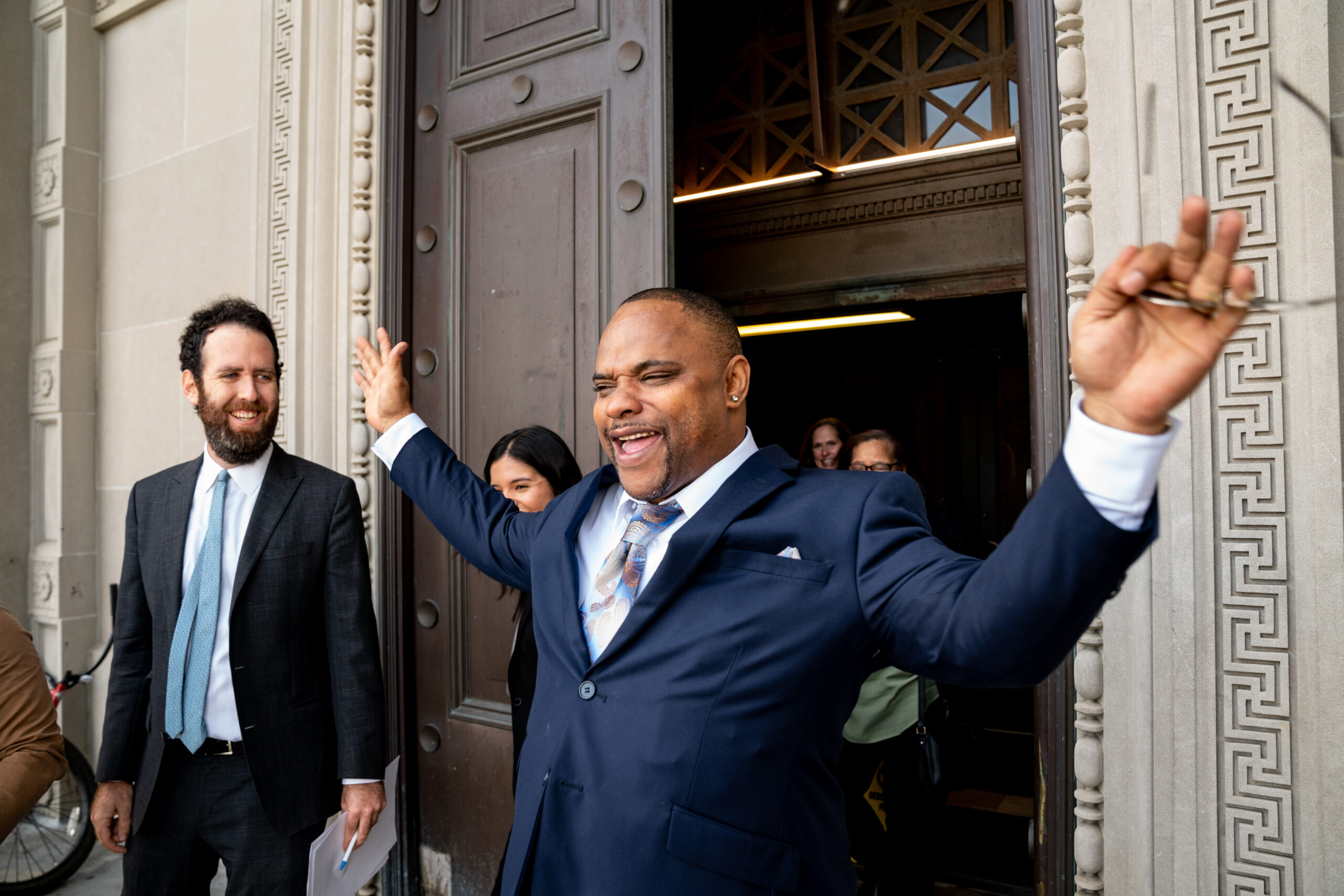
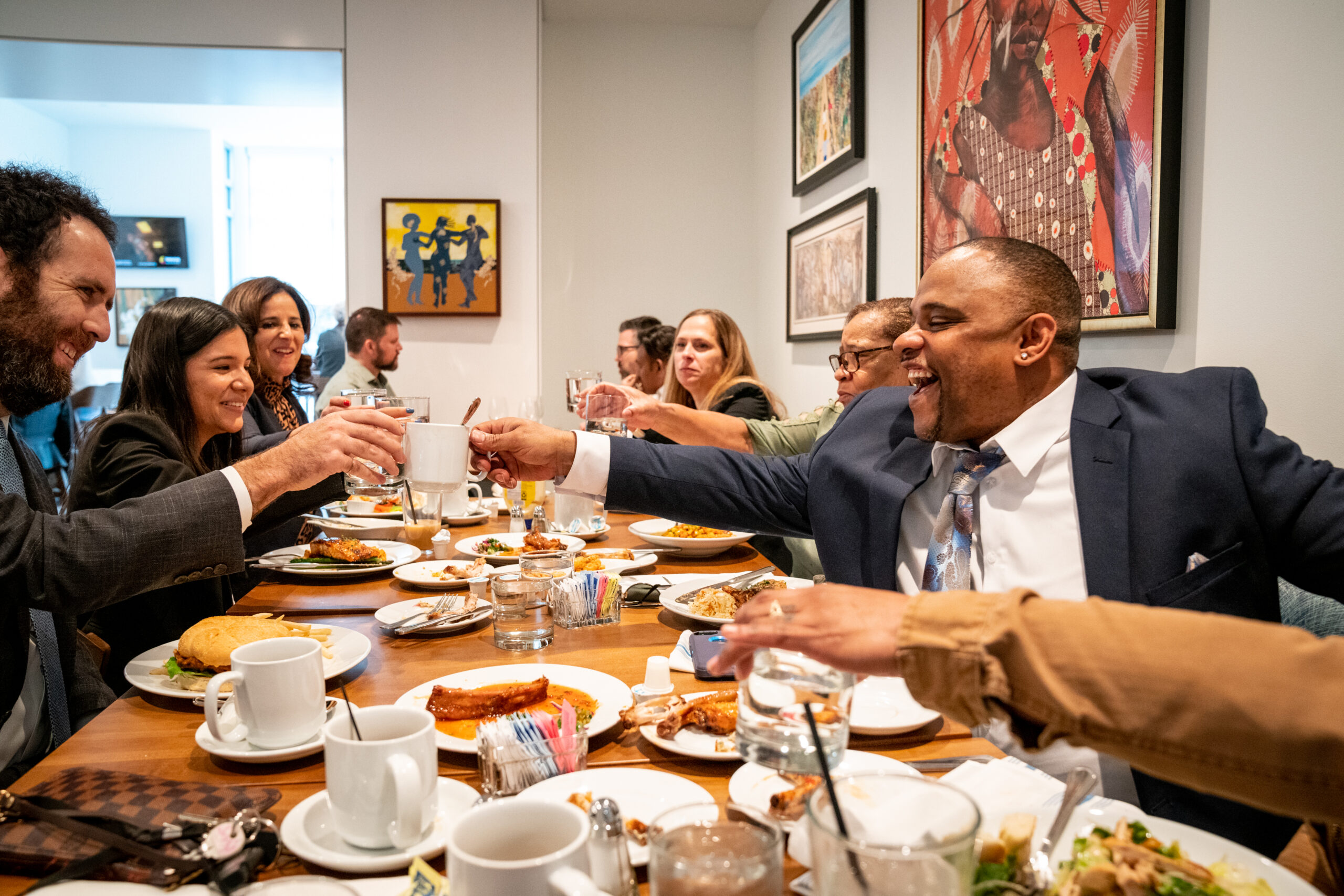
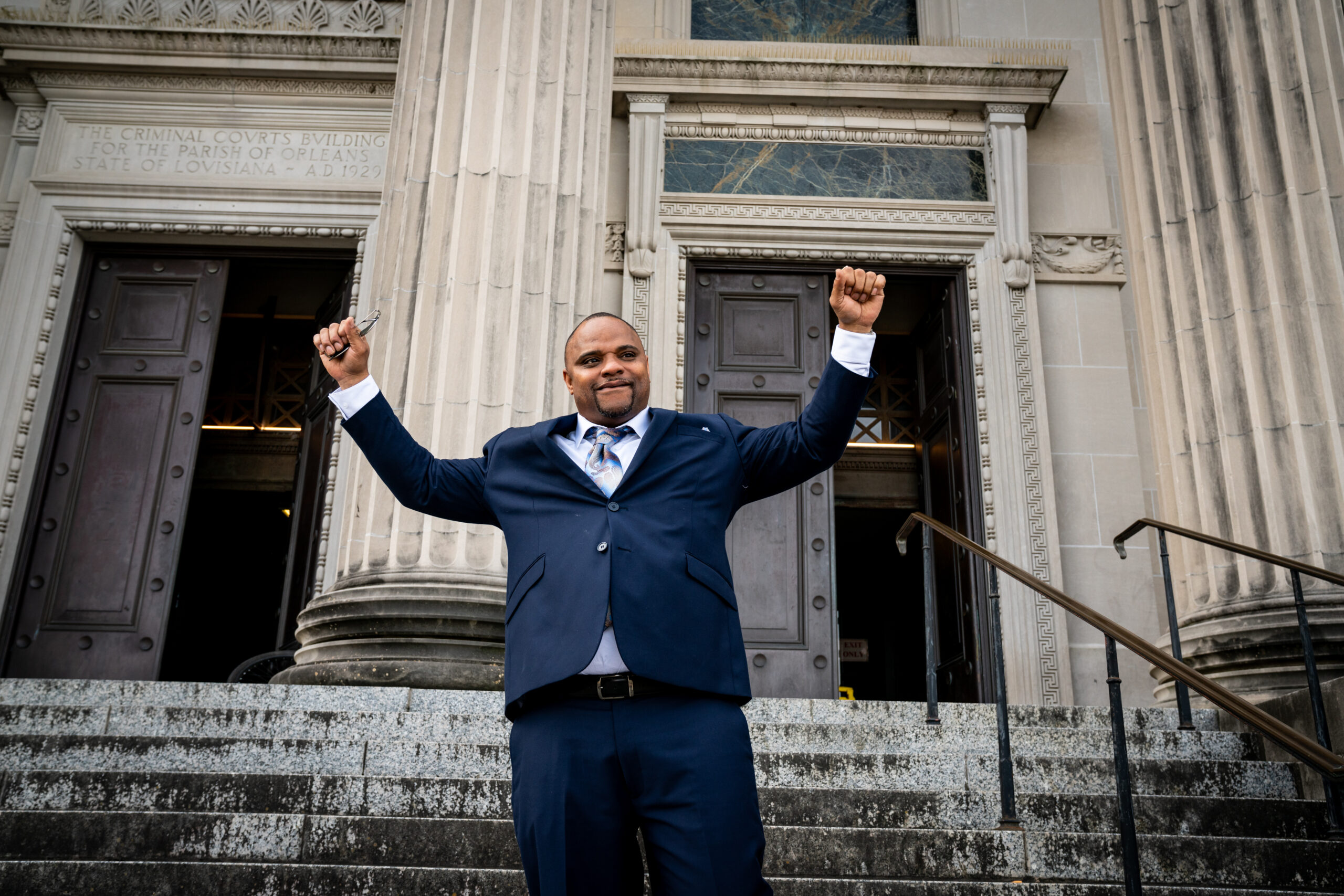
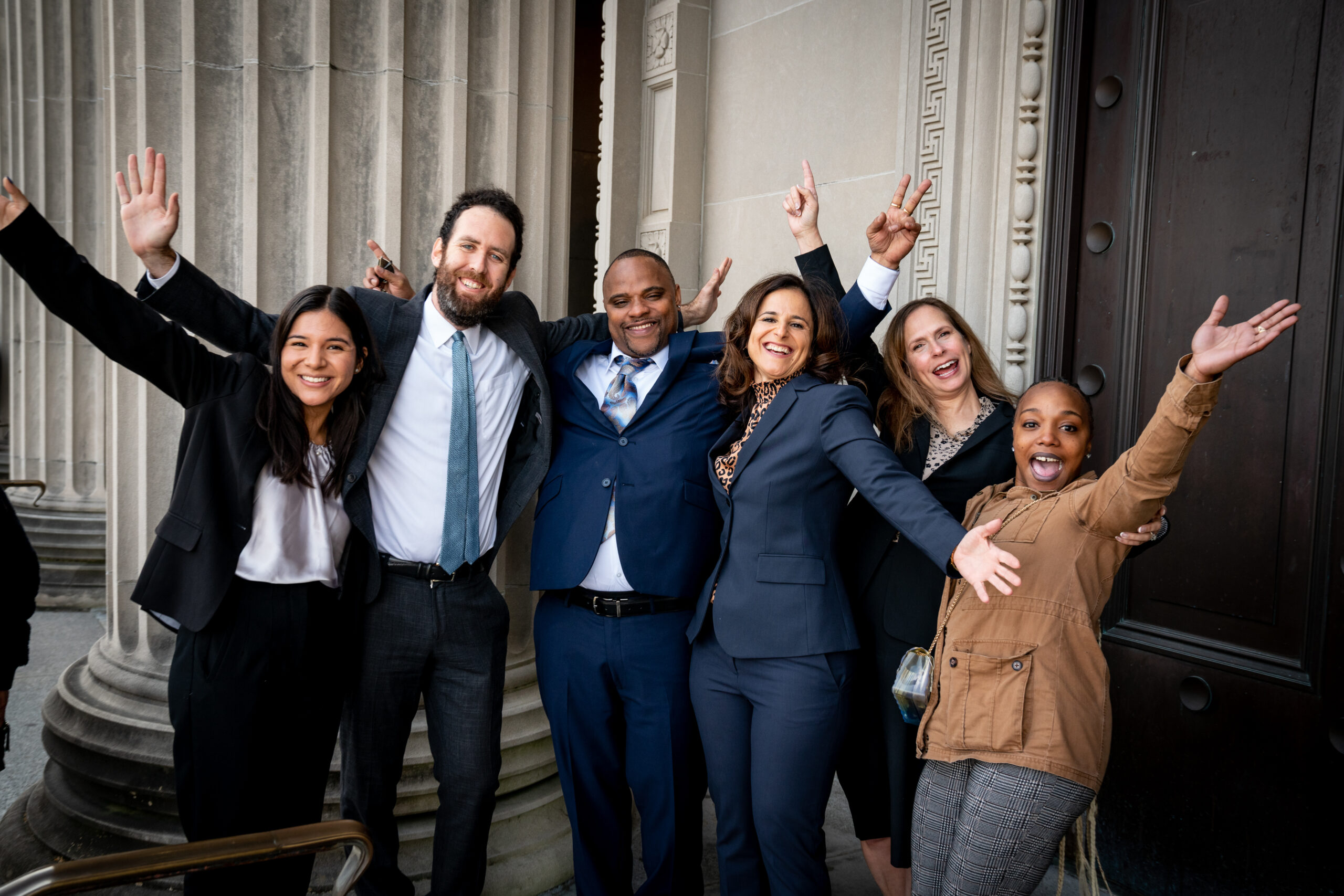
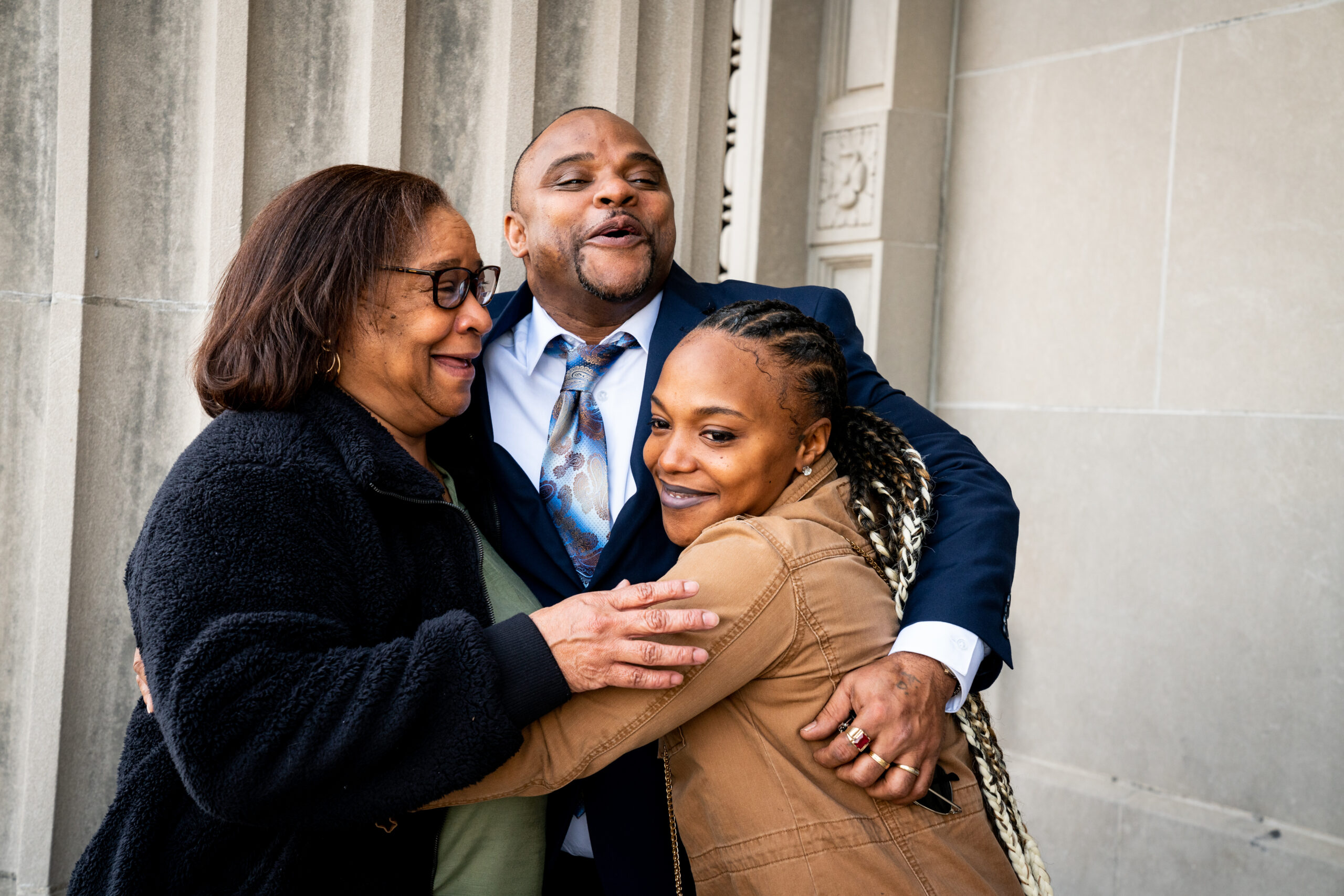
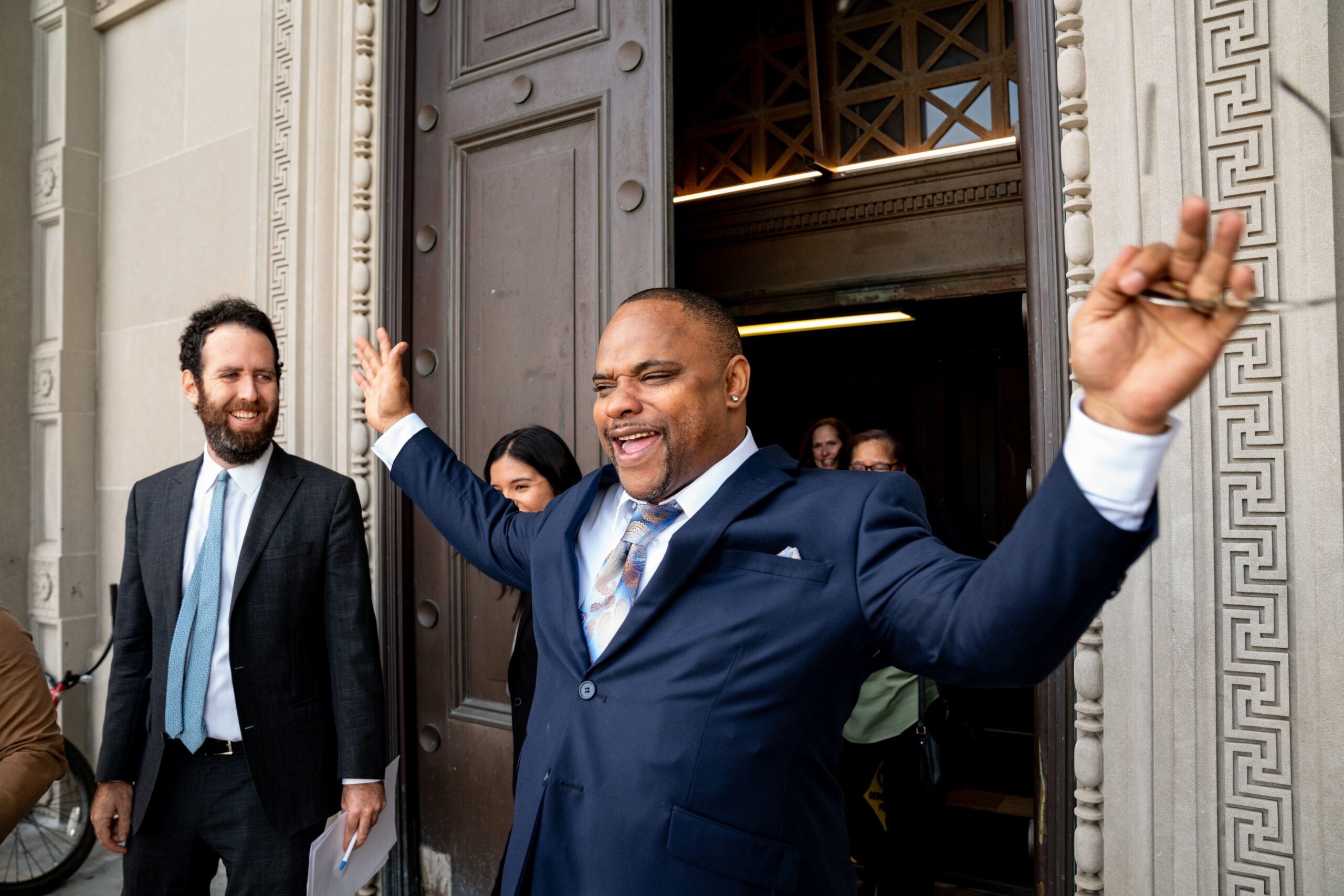
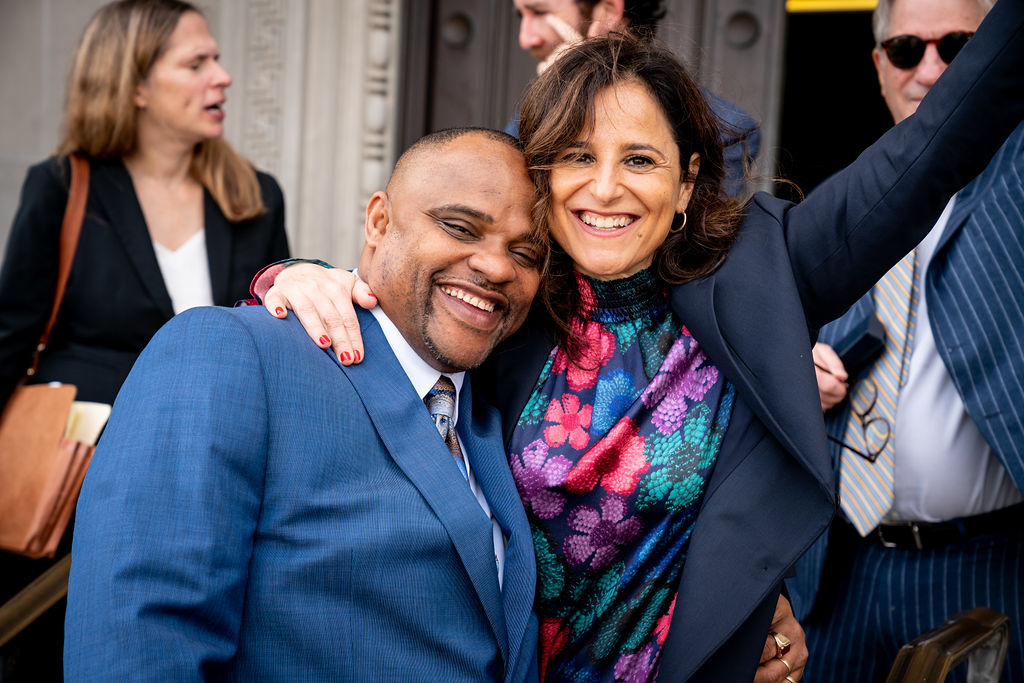
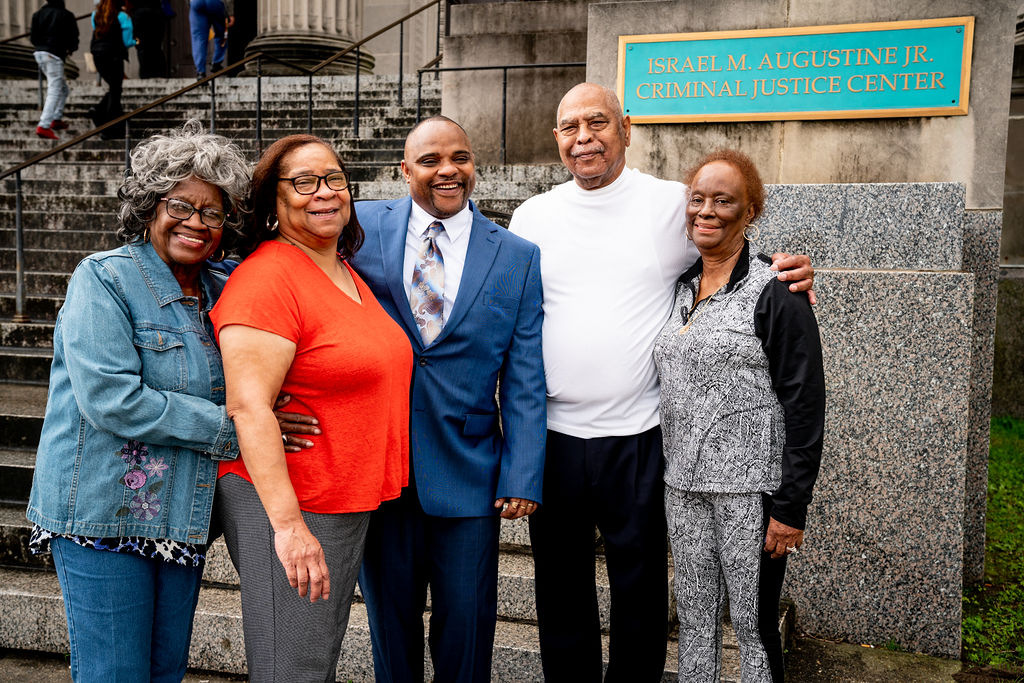
These wrongful imprisonment injustices must stop. Please write your autobiography, Darrill, & keep sharing your story with others, in order to raise awareness about this issue! Grace and peace to you.